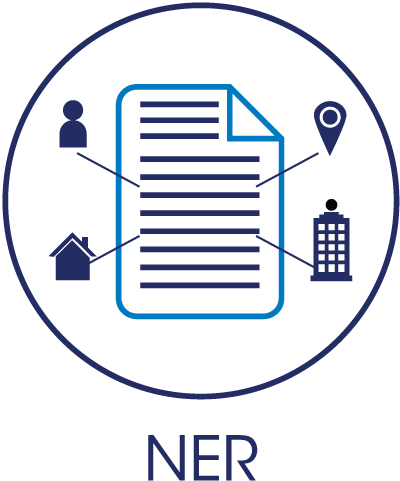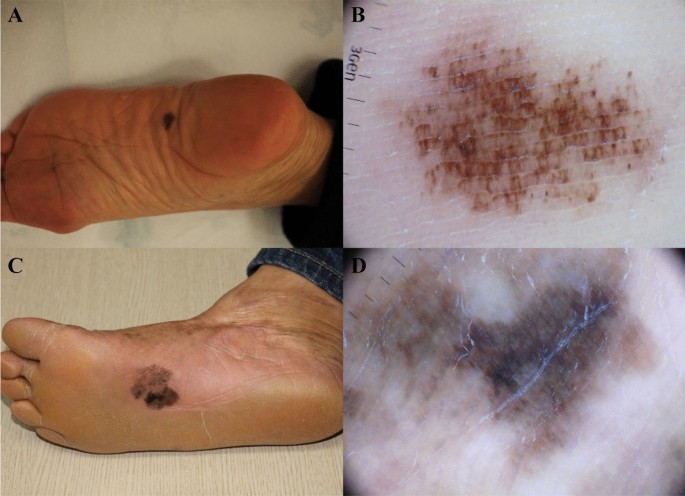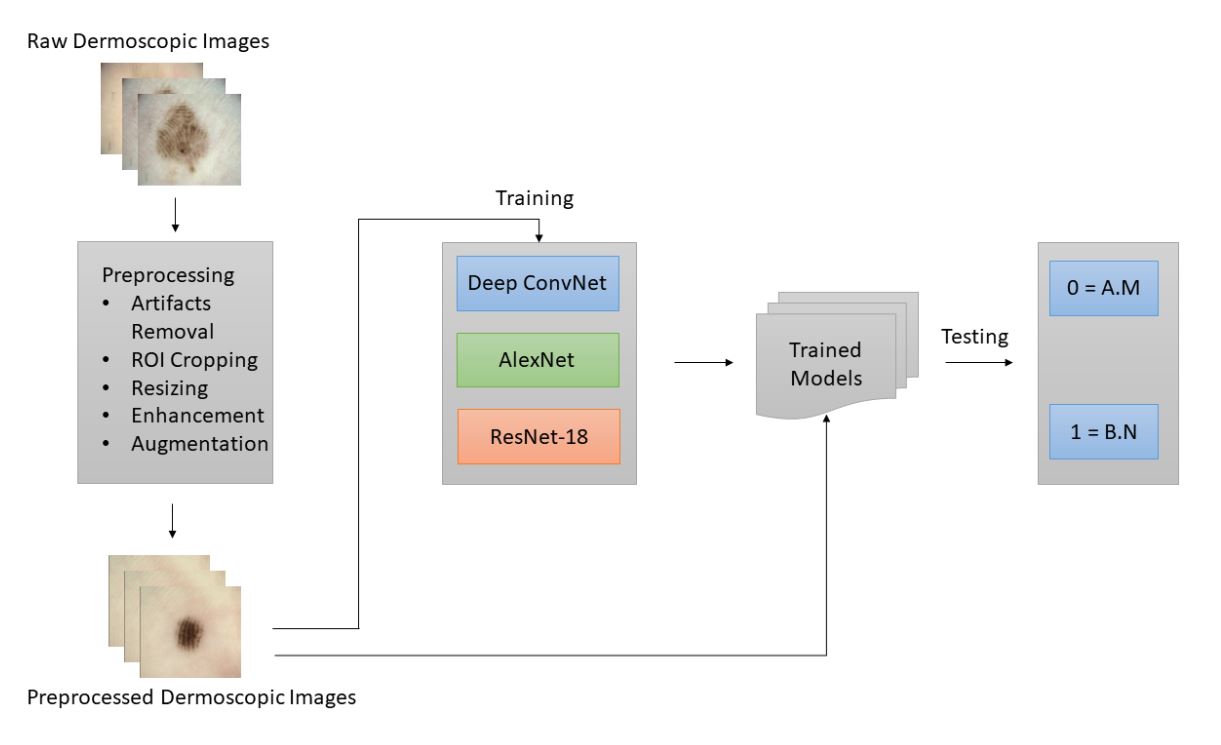|
I am a Senior Machine Learning Engineer at Octopus Digital, where I work on machine learning, computer vision, data science, and NLP application development to solve complex business problems. Before joining Octopus I was working at SDSol Technologies on Generative AI, NLP and speech recognition projects in healthcare domain. Previously, I have worked at Bioinformatics Research Lab and Computer Vision & Machine Learning Research Lab as a Research Assistant and Research Intern respectively in various Medical Image Computing and Image Recognition Projects. From March 2021 to September 2022, I was assosiated with Department of Computer Science @ UET as an AI Instructor. I taught AI/ML course and conducted labs. I also conducted research in Medical Image Analysis. Our research proposal related to Deep Learning and Agriculture won research funding of PKR 3.5 million from HEC's NRPU program. Email / CV / Scholar / Research Gate / Github / LinkedIn / ORCiD |
 |
|
I am broadly interested in learning from limited data for visual recognition problems. My primary area of interests include transfer learning and self supervised learning with applications to Medical Image Computing, Agriculture, and Vision based Industrial Defects Detection. I believe that artifical vision and learning from limited data can help us in improved object recognition, detection and segmentation to solve real-world problems. |
|
|
|

|
Qaiser Abbas, Sadaf Hina, Hamza Sajjad, Khurram Shabih Zaidi, Rehan Akbar PeerJ Computer Science, 2023 Paper | Code | Citation We experimented with various machine learning models for recent intrusion detection datasets. NSL-KDD, CSE-CIC-IDS2018 and UNSW-NB-15 datasets were used in the study. We proposed a hybrid, cost and compute efficient ensemble model for development of secure IDS systems. |

|
Hamza Khalid, Ghulam Murtaza, Qaiser Abbas ACM Transactions on Asian and Low-Resource Language Information Processing, 2023 Paper | Code | Citation We worked on data generation for Punjabi (Shahmukhi Script). A multilingual BERT model was trained for NER task. We developed a large training corpora using a simple and novel PoW augmentation technique |

|
Qaiser Abbas, Anza Gul SN Computer Science, 2022 Paper | Code | Citation We investigtaed a NASNet neural network architecture for Malignant melanoma detection using dermoscopic images and data augmentation. |

|
Qaiser Abbas, Farheen Ramzan, Muhammad Usman Ghani Khan Visual Computing for Industry, Biomedicine, and Art, 2021 Paper | Code | Citation We proposed a neural network architecture for classification of acral lentiginous melanoma using dermoscopic images. |

|
Qaiser Abbas Masters Thesis, 2020 Thesis PDF Due to acral melanoma’s infrequent occurrences, limited data is available so its early diagnosis is hard. To overcome this problem, we applied data centric techniques to develop a large dataset to train a deep learning models. Our proposed convolutional neural network achieved an accuracy of 91% on test set. |